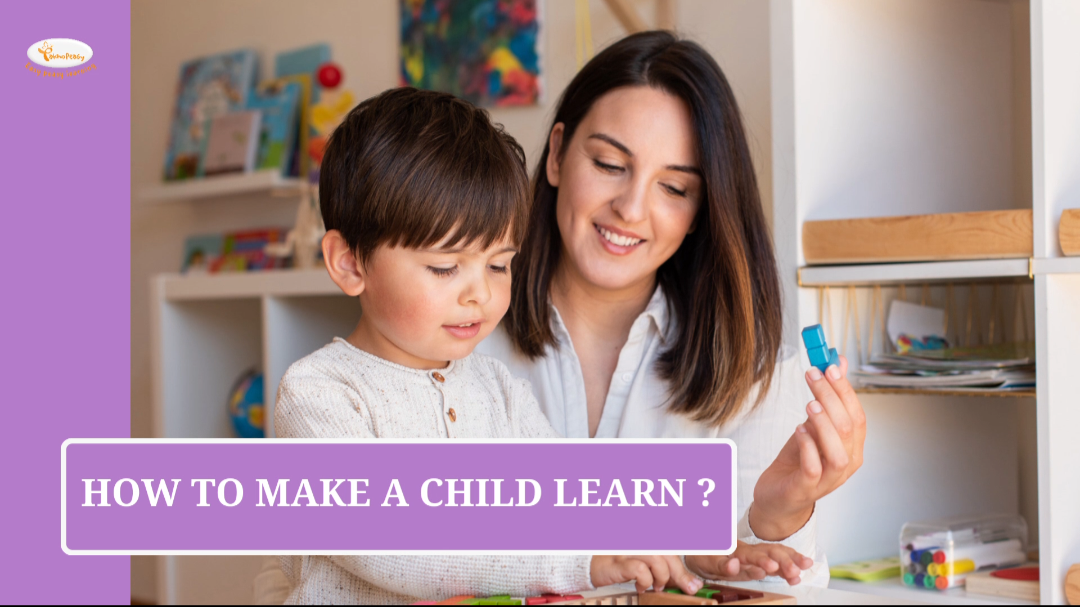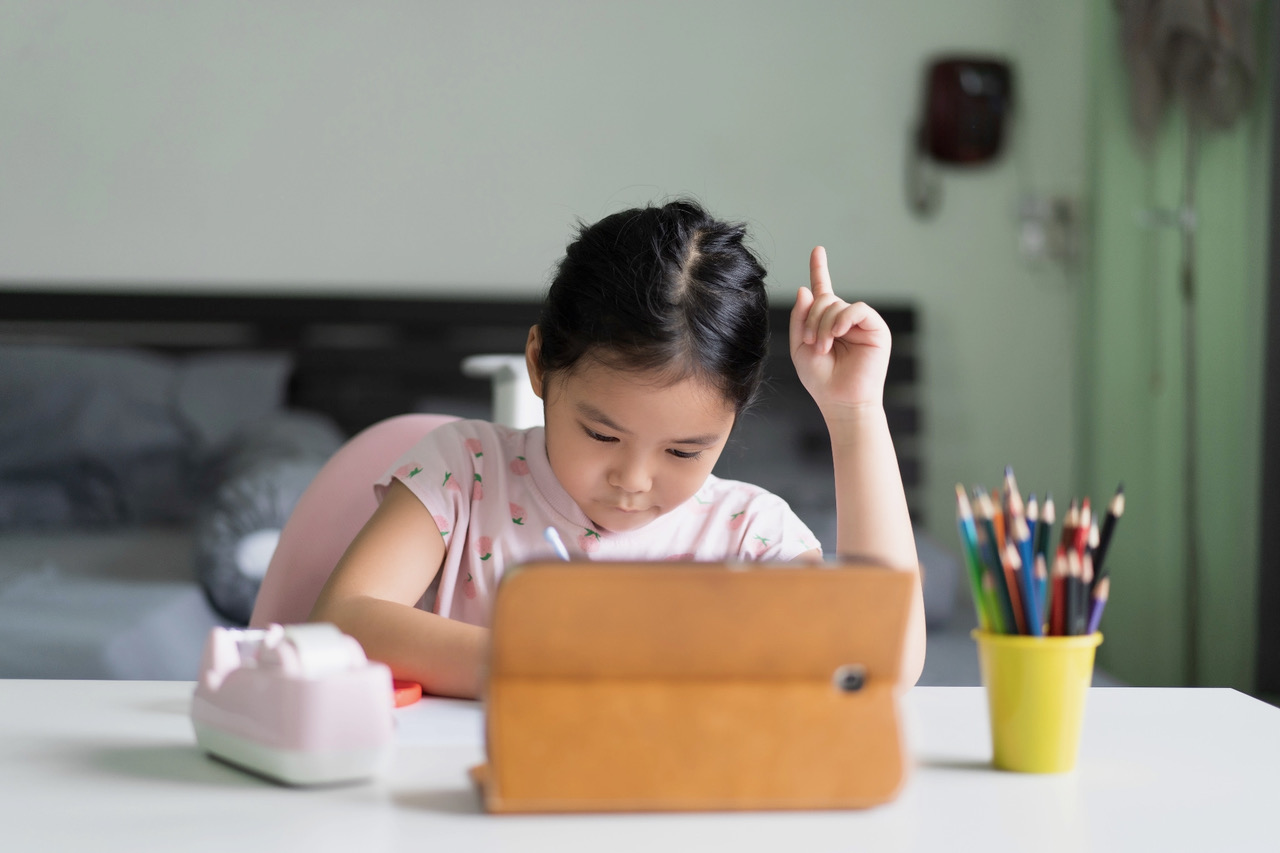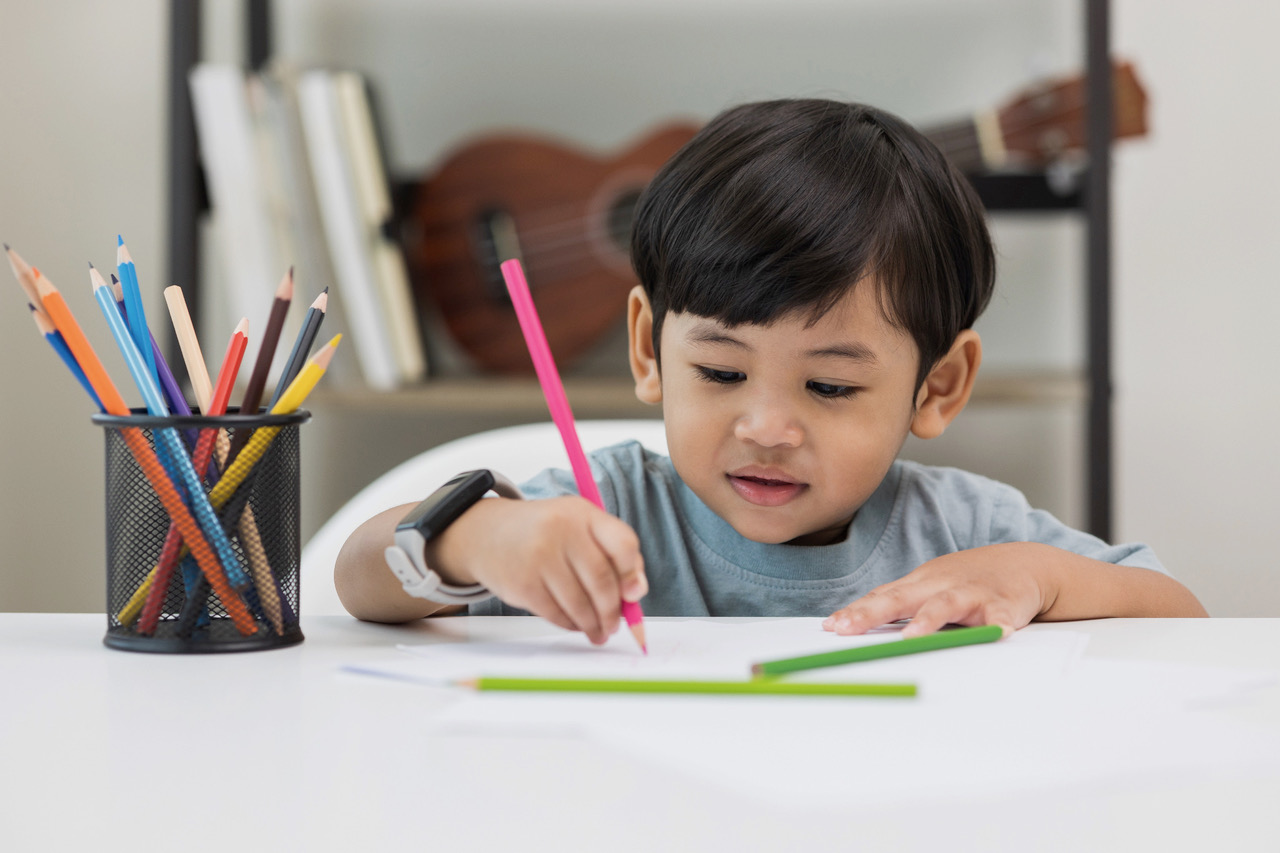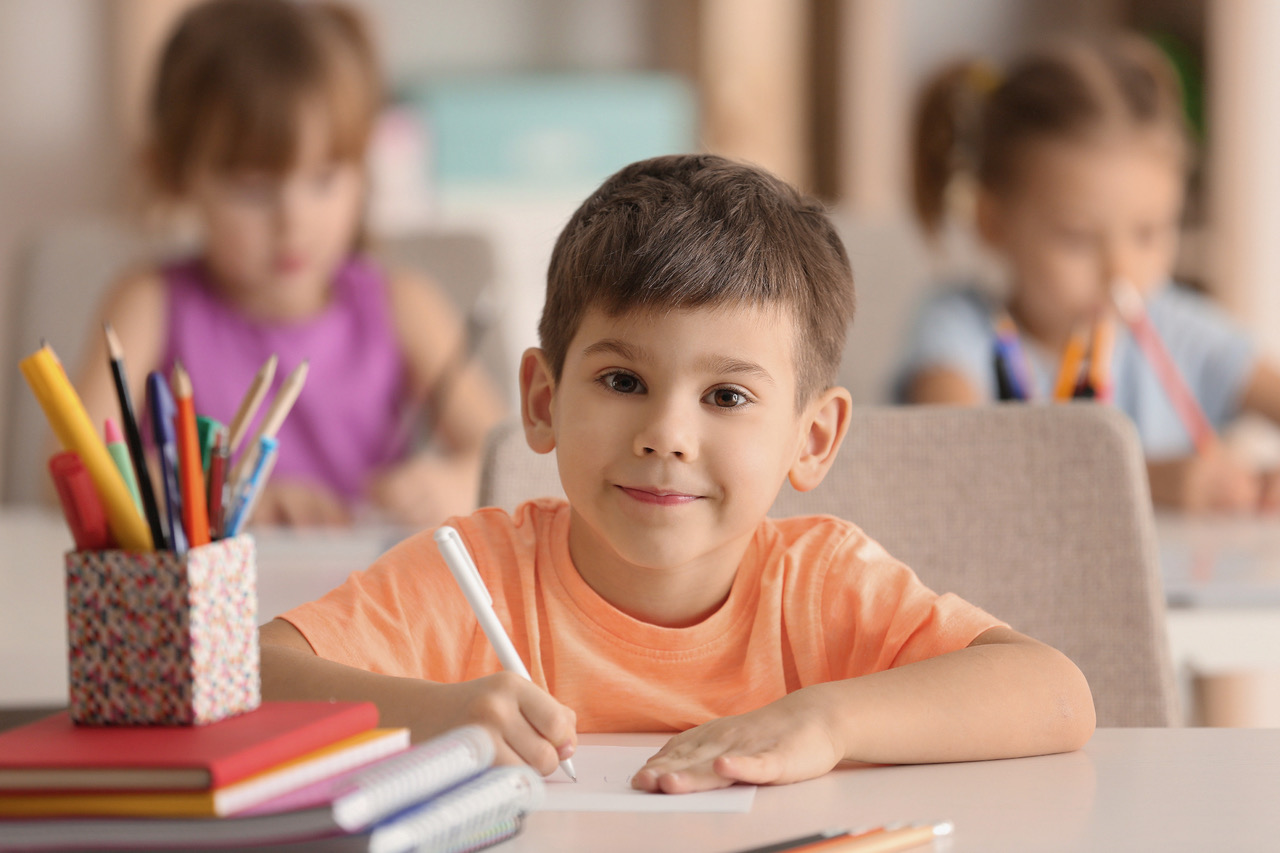LEARNING SKILLS DEVELOPMENT PROGRAM WITH OUR SKILL DEVELOPMENT KIT
The first-ever program in India that teaches your child self-learning skills at an early age in an easy way with our skill development kit, helping them learn effectively in just a few weeks!
OUR SKILLS DEVELOPMENT KIT PROGRAMS
Pakhopeasy Learning-To-Learn Program: A Complete
Skills Development Kit

PL-T-LP English | Level 1

PL-T-LP Math | Level 1


ABOUT PAKHOPEASY
Pakho means butterfly in the Konkani language (one of the Indian regional languages). The term easy-peasy is a humorous way to describe something that is extremely simple or easy.
Pakhopeasy makes learning so easy for children that when they learn to learn, they fly with joy, just like a butterfly, like a Pakho!
Easy-peasy Pakhopeasy, where ‘Pakho’ literally replaces and works as a synonym for ‘easy’. Hence, learning is easy with Pakhopeasy!

We believe every child can become an independent, confident, and booming self-learner when introduced to the learning skills right at the beginning with our skills development kit.
The program aims to help young children develop their learning abilities early, preparing them to learn anything new at any time. With the Pakhopeasy Learning-to-Learn Program and our skills development kit, children can take on any learning journey with ease, independence, and confidence!
TESTIMONIALS
What Educators say about Pakhopeasy
FAQ
Find answers to some of the most common questions on our program



